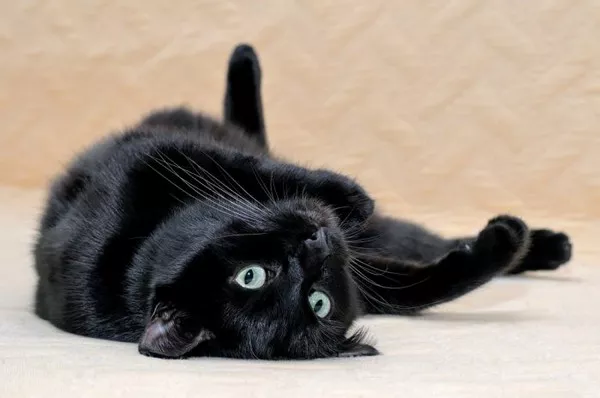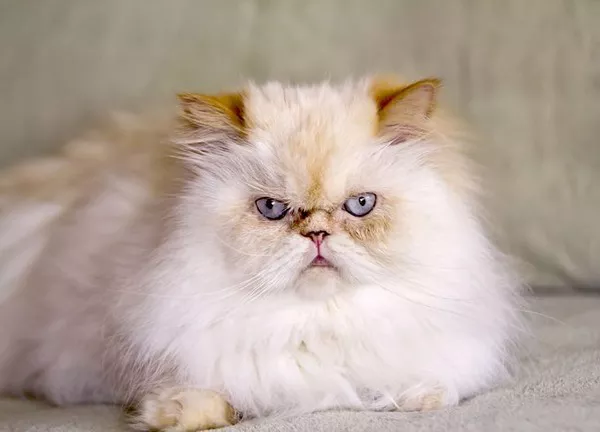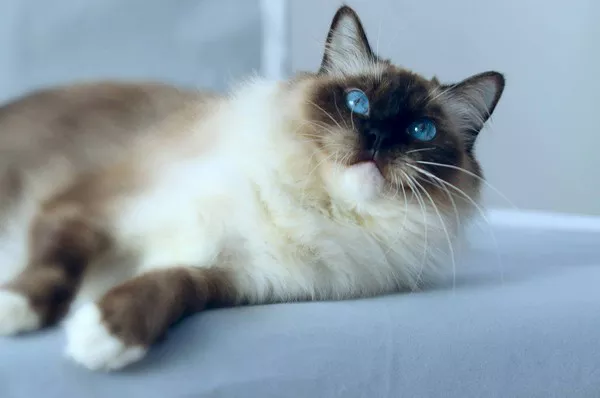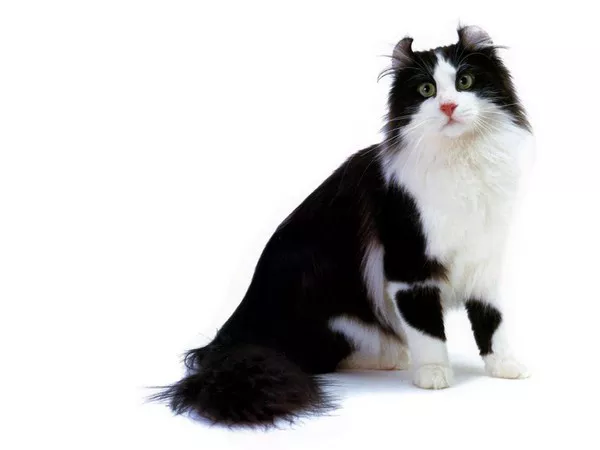Cats are known for their independent and self-sufficient nature, but they are not immune to health issues. Colitis, an inflammatory condition affecting the colon, can afflict cats, leading to discomfort and distress. In this comprehensive article, we will explore the causes, signs, and treatment options for colitis in cats.
Understanding Colitis in Cats
Colitis refers to inflammation of the colon, which is the lower part of the intestine responsible for storing and eliminating feces. Inflammation of the colon can result from various causes, and it can lead to a range of gastrointestinal problems for your feline companion.
Common Causes of Colitis in Cats
Colitis can be triggered by a variety of factors, and identifying the underlying cause is crucial for effective treatment. Some common causes of colitis in cats include:
Dietary Sensitivities: Cats can develop food sensitivities or allergies to certain ingredients in their diet, leading to gastrointestinal inflammation.
Parasitic Infections: Intestinal parasites like Giardia or worms can cause irritation and inflammation in the colon.
Stress and Anxiety: Cats are sensitive to changes in their environment or routine, which can lead to stress-induced colitis.
Infections: Bacterial or viral infections can cause colitis in cats, particularly if they affect the gastrointestinal tract.
Inflammatory Bowel Disease (IBD): IBD is a chronic inflammatory condition that can affect any part of the gastrointestinal tract, including the colon.
Signs and Symptoms of Colitis in Cats
Recognizing the signs of colitis in your cat is essential for early intervention and preventing further discomfort. The symptoms of colitis can vary in severity and may include:
Diarrhea: Chronic or intermittent diarrhea is a hallmark sign of colitis. It may contain mucus or blood.
Frequent Bowel Movements: Cats with colitis may have increased urgency to defecate and may pass smaller amounts of stool more frequently.
Straining in the Litter Box: Your cat may appear to be in pain while defecating and may strain in the litter box.
Abdominal Discomfort: Colitis can cause abdominal pain or discomfort, leading to your cat acting more restless or uncomfortable.
Weight Loss: Chronic colitis can result in weight loss due to poor absorption of nutrients.
Reduced Appetite: Cats with colitis may experience a decreased appetite or reluctance to eat.
Dehydration: Diarrhea can lead to dehydration, so it’s crucial to monitor your cat’s water intake.
Diagnosis of Colitis
If you suspect that your cat has colitis, it’s essential to consult your veterinarian for a proper diagnosis. Your vet will perform a thorough examination and may recommend the following diagnostic tests:
Fecal Examination: A fecal sample may be tested for the presence of parasites or abnormal bacteria.
Blood Work: Blood tests can help rule out other underlying conditions and assess your cat’s overall health.
Colonoscopy or Endoscopy: In some cases, a veterinarian may perform these procedures to visually examine the colon and take biopsies for further evaluation.
Dietary Trials: Your vet may recommend dietary changes to identify and manage food sensitivities or allergies.
Treatment Options for Colitis in Cats
The treatment approach for colitis in cats depends on the underlying cause and the severity of symptoms. Common treatment options include:
Dietary Management: Switching to a highly digestible or hypoallergenic diet can help alleviate symptoms associated with food sensitivities or allergies.
Parasite Control: If intestinal parasites are identified, appropriate deworming medications will be prescribed.
Anti-Inflammatory Medications: In cases of severe inflammation, your vet may prescribe anti-inflammatory medications or immunosuppressants to reduce colon irritation.
Probiotics: Probiotic supplements can promote a healthy balance of gut bacteria and aid in digestion.
Stress Reduction: Minimizing stressors in your cat’s environment can help manage stress-induced colitis. Providing a calm and consistent routine is essential.
Fluid Therapy: If your cat is dehydrated due to diarrhea, your vet may administer fluids to maintain hydration.
Pain Management: For cats experiencing pain or discomfort, pain medications may be prescribed.
Caring for Your Cat with Colitis
In addition to veterinary treatment, there are steps you can take at home to support your cat’s recovery:
Medication Compliance: Administer prescribed medications as directed by your veterinarian.
Dietary Consistency: Stick to the recommended diet and avoid feeding your cat table scraps or foods that could exacerbate their condition.
Hydration: Ensure your cat has access to clean, fresh water at all times to prevent dehydration.
Regular Veterinary Check-ups: Continue to monitor your cat’s progress and attend follow-up appointments as advised by your vet.
Environmental Enrichment: Provide mental and physical stimulation to reduce stress and anxiety.
Conclusion
Colitis in cats can be a distressing condition, but with proper diagnosis and treatment, many cats can experience significant relief from their symptoms. If you suspect that your cat may have colitis or if they are displaying any of the associated signs, consult your veterinarian promptly. Early intervention and a tailored treatment plan can help improve your cat’s gastrointestinal health and overall well-being. Your furry friend’s comfort and happiness are well worth the effort.



























